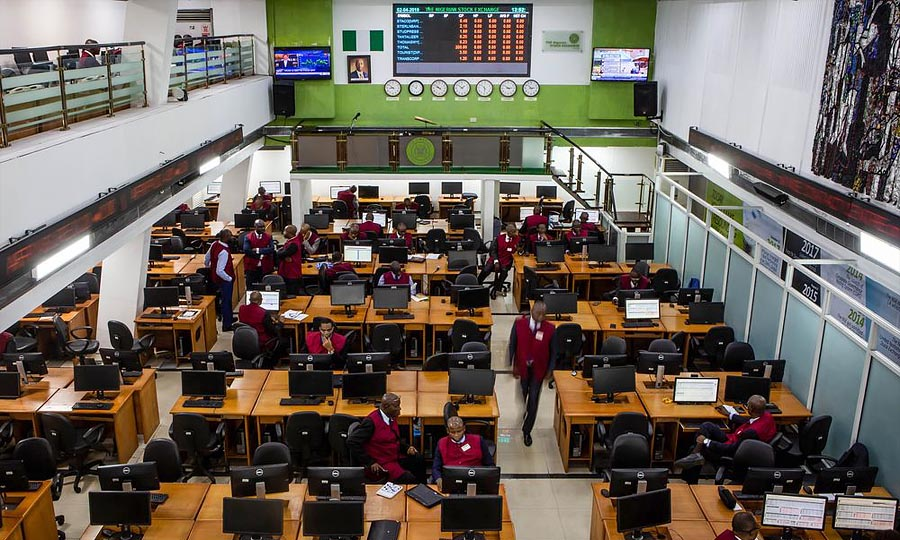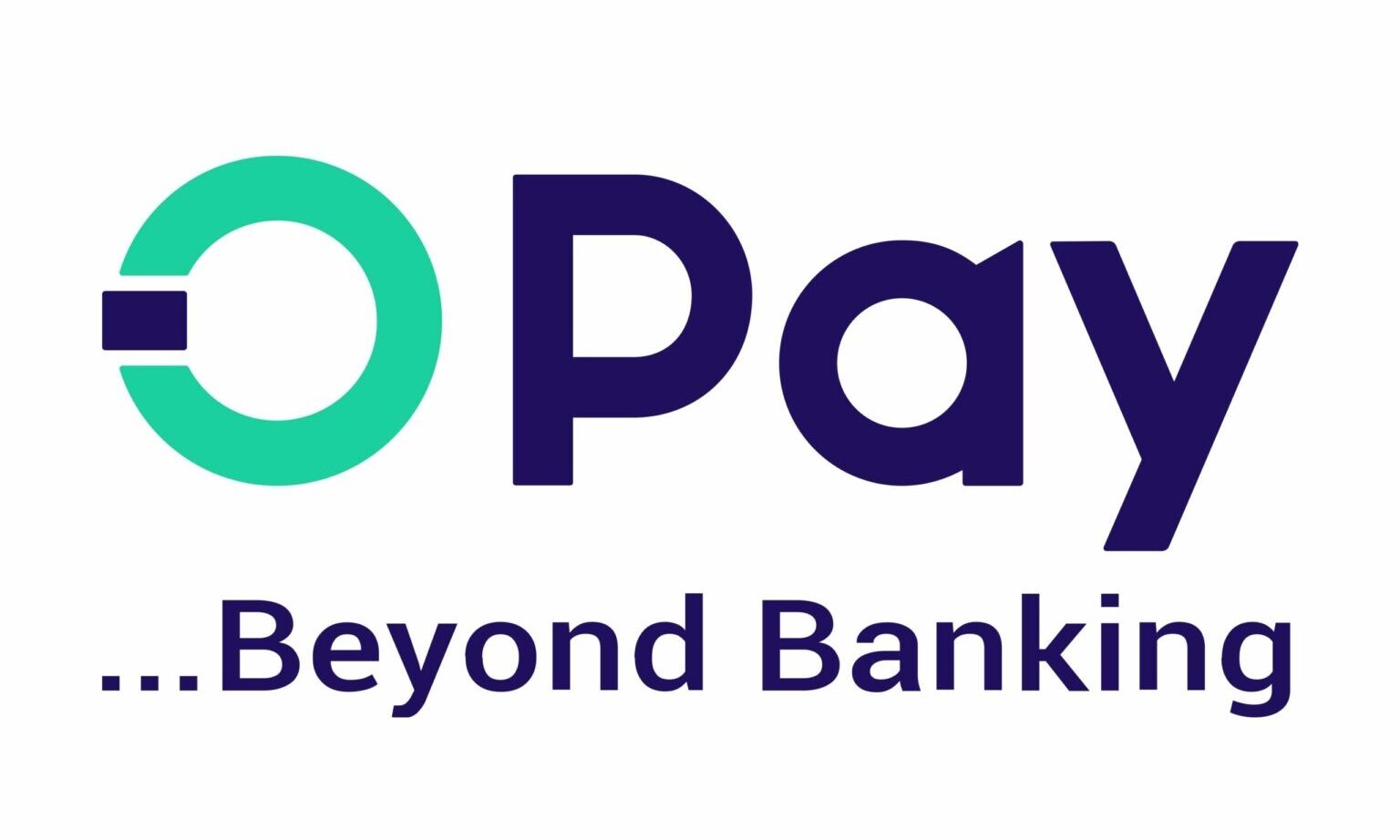The recent two-day Gender and Inclusion Summit 2025 (GS-25) organised by the Policy Innovation Centre (PIC) in Abuja drew a vibrant mix of voices, including government officials, development partners, civil society actors, private sector leaders and young innovators.
Emmanuel Addeh writes that they were united by one demand: that inclusion of Nigeria’s most vulnerable groups must move from tokenism to transformation and institutionalisation.
The GS-25 built on the momentum of earlier editions but shifted its focus from awareness to measurable delivery. Convened under the theme: “New Voices and New Approaches for Accelerating an Inclusive Society,” the summit interrogated how Nigeria could embed gender equity and social inclusion into policy, governance, and investment.
From the outset, it was clear that the gathering was not a ceremonial event. The tone was sober, urgent, and reformist. In all, participants agreed that the country could no longer afford a system that measures progress only by policies announced, rather than by the number of lives changed.
Financing Inclusion
At the event, financing was one of the most heavily debated themes. Experts from both public and private sectors made the case for a sustainable, homegrown framework to fund inclusion, arguing that external aid cannot substitute for political will.
Besides, panelists discussed innovative models such as gender-responsive budgeting, blended finance mechanisms, and catalytic funds to de-risk women-led businesses. The discussion emphasised that inclusion, if properly structured, is not a cost but a multiplier, one that drives productivity, improves governance, and enhances social stability.
By the end of the sessions, a consensus emerged that the next phase of Nigeria’s inclusion agenda must be anchored in financial systems that reward equity. Gender equality, the participants agreed, should be seen as an investment in national growth, not a philanthropic gesture.
The Innovation Drive
True to its reputation for evidence-based and solution-driven convenings, the PIC introduced a pitchathon, an interactive platform for entrepreneurs, researchers, and innovators to present scalable ideas addressing exclusion.
Projects showcased ranged from tech tools that bridge gender gaps in market access, to assistive technologies for persons with disabilities, and data-driven maternal health solutions for underserved communities.
The atmosphere around the exhibition stands was as animated as the plenary sessions. Young innovators found themselves in conversation with donors and policymakers, turning a typical conference space into a live incubator for inclusion-oriented ideas.
Political Economy of Inclusion
Besides, GS-25 did not shy away from the political realities that shape policy implementation in Nigeria. Speakers pointed out that inclusion often stalls, not because of poor intentions, but because of the structural incentives that sustain inequality, from patronage networks to uneven subnational capacities.
Several discussants argued that without accountability, transparency, and enforcement, the country’s best policies would continue to exist only on paper. They called for a redesign of governance systems that ensures inclusion becomes a measurable outcome in budgets and performance reviews.
Others noted that while ministries and development partners have made progress, real change will depend on aligning state and local governments with the national inclusion framework. The call was clear: inclusion must stop being a national slogan and start being a local reality.
Voices from the Field
“After the gender summit, everybody goes to rest, but we don’t go to rest because our real burden is to ensure that we can translate everything coming from here into real solutions for the future.”
That was a quote from the Executive Director of the Policy Innovation Centre, Dr Osasuyi Dirisu, a key figure in the organisation of the annual programme.
Over two days, more than 1,600 delegates from 29 countries across five continents gathered in Abuja, with thousands more joining online, engaged with over 150 speakers and panelists, all united by a single goal: advancing inclusive development and gender equity across Africa.
For the organisation, Africa’s first national institutionalised behavioural insights initiative, GS25 represented both a convening power and a strategic instrument. From the outset, the Gender and Inclusion Summit was conceptualised as a platform to catalyse evidence-based agenda setting, human centred policies, institutional and societal transformation, as well as sustained advocacy for gender equity and gender responsive governance in Africa.
“This summit is different. It is not just a conversation platform; it is an advocacy platform. First, we agree on the real problem, is it absent or ineffective policies? Then we bring all stakeholders together to co-create solutions. And the work doesn’t end there. The conversations and recommendations go into the Purple Book, which we use to ensure these ideas turn into real action,” said Dirisu.
Since its inception in 2022, the Summit has convened notable national and international leaders to generate innovative insights and propose actionable solutions for inclusive growth. The summit is delivered as a three-day hybrid event, featuring plenary sessions, breakout sessions, learning workshops, oral and poster abstract presentations, innovation pitches, as well as an exhibition booth display.
It offered a platform for a rich mix of discussions across multiple sectors, reflecting the summit’s commitment to inclusive development.
In a session on education, Minister of Education, Dr. Tunji Alausa, noted that: “The best investment any country can make is to educate a woman,” while exploring innovative ways the current administration is adopting to expand access to quality and inclusive education in Nigeria. Sessions on equity and inclusion tackled shifting norms, building inclusive households, and bridging workplace gaps for persons with disabilities.
The women in leadership track highlighted strategies for strengthening women’s representation in cabinets, boardrooms, and academic institutions, while economic empowerment sessions showcased the transformative role of First Ladies and policy-driven initiatives.
In health, discussions focused on maternal care, adolescent wellbeing, and family planning as cornerstones of gender equity, and agriculture and nutrition sessions explored sustainable, inclusive solutions for food security. The summit also spotlighted innovation and evidence: N5 million in prizes and scholarships were awarded to standout innovation pitches, and research presentations.
With over 60 presentations showcasing bold, actionable solutions across gender, education, health, agriculture, and economy. In addition to these sectors, GS25 also embraced faith, security, and technology, examining community-led models for GBV prevention, integrating civilian voices into peacebuilding, and harnessing technology for social impact. Across all themes, GS25 emphasised new voices, fresh approaches, and actionable strategies to drive systemic change in Africa.
“Inclusion is not abstract theory, it is the difference between hunger and hope, between survival and dignity,” emphasised the Minister of Women Affairs & Social Development, Imaan Sulaiman-Ibrahim.
These principles were evident throughout the summit; it fostered a vibrant, inclusive environment beyond plenary sessions and technical discussions: friendships were rekindled, new networks formed, and participants engaged meaningfully with vendors and innovators at exhibition booths.
Persons with Disability (PWD) participated richly in the discussions, children were cared for in a dedicated crèche, while nursing mothers fully participated, underscoring the enabling environment. GS25 was as much about lived experiences as it was about policy.
The Purple Book
“I strongly believe that the results of this summit will be instrumental in shaping policies and programmes that are not only responsive but transformative,” said the Minister of State for Health and Social Welfare, Dr. Adekunle Salako, underscoring the summit’s forward-looking impact.
The next chapter of GS25’s legacy, the organisers said, will be the Purple Book 2025. The flagship publication documents summit insights, track commitments, and provide a roadmap for governments, civil society, and the private sector. More than a record, it is a compass, guiding leaders as they turn commitments into measurable impact.
Through GS25, a series of forward-looking initiatives were set in motion across policy, youth engagement, health, education, economic empowerment, and innovation. First Ladies pledged to domesticate the Women’s Economic Empowerment Policy, while PIC partnered with CoSPAL to advance a Pan-African Gender and Social Inclusion Legislative Agenda.
Youth voices will be embedded through the development of a Nigerian Dream Charter, and evidence-based interventions will address mobility, safety, and economic diplomacy challenges. Health and education initiatives will strengthen maternal and adolescent services and integrate nutrition education into schools.
Grassroots women’s economic empowerment will be expanded through partnerships with market associations and financial institutions, and structural innovations, including support for Innovation Pitch winners and the Inclusive Civil–Military Engagement Platform (ICMEP), will ensure ongoing collaboration. All of these planned initiatives will be tracked and guided through the Purple Book 2025, PIC’s flagship roadmap that translates summit insights into measurable action and lasting impact across Africa.
As the Minister of Foreign Affairs, Yusuf Tuggar, stressed: “Growth without inclusivity is fragile, and prosperity without equity is unsustainable.”
GS25 showed that Africa is ready for Inclusive Development. But readiness alone is not enough. It must be followed by accountability, evidence, and sustained action. The Policy Innovation Centre said it is committed to ensuring that the momentum of GS25 becomes the foundation for a more inclusive, resilient, and equitable Africa. The collective responsibility is to ensure that inclusion does not remain an aspiration but becomes the lived reality for every citizen.
From Commitment to Continuity
The closing sessions were both reflective and practical. Government representatives reaffirmed their ministries’ willingness to align with the summit’s outcomes. Development partners pledged support for post-summit technical working groups and pilot projects.
PIC’s Chief Executive, Dirisu, announced plans for three immediate steps: publishing the updated Purple Book within the next quarter; convening multi-sectoral working groups to monitor implementation; and piloting gender-responsive budgeting in select states before the next summit cycle.
The Road Ahead
GS-25 closed with both hope and realism. Participants recognised the gains made in awareness and policy formulation, but they also admitted that Nigeria’s greatest challenge lies in translating consensus into continuity.
The Policy Innovation Centre’s work is now cut out: shepherding the transition from conversation to implementation, ensuring that inclusion metrics inform national planning, and pushing ministries to allocate real budgets to equity goals.
For many, the 2025 edition of the summit marked a turning point, a shift from rhetoric to resolve. As participants re-echoed, the test of GS-25 will not be in the communique issued, but in the measurable progress recorded.
The applause that followed was not for inspiration, but for responsibility and the understanding that inclusion is not a favour done for the marginalised, but the foundation upon which a fair and prosperous Nigeria must now be rebuilt.




